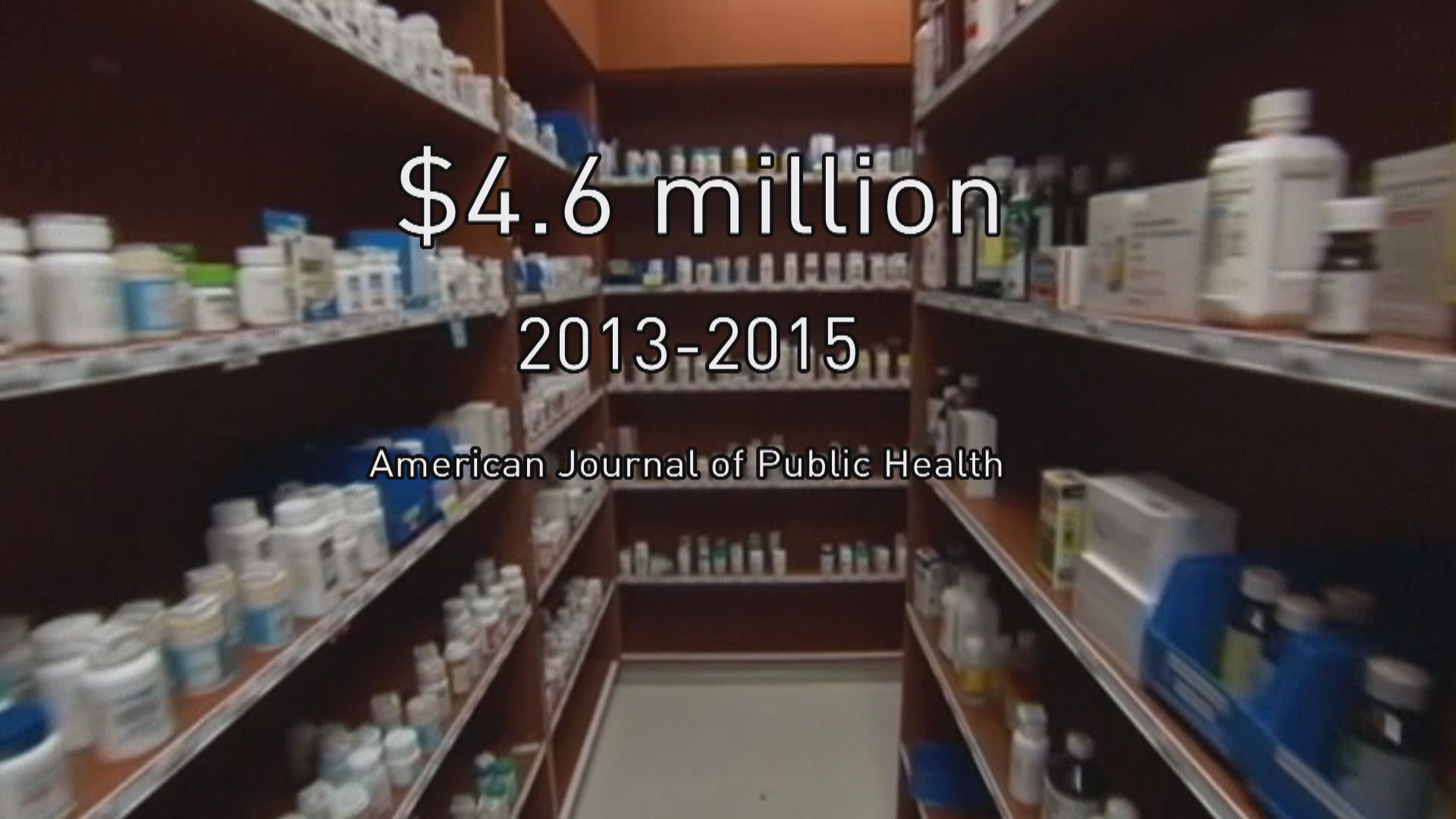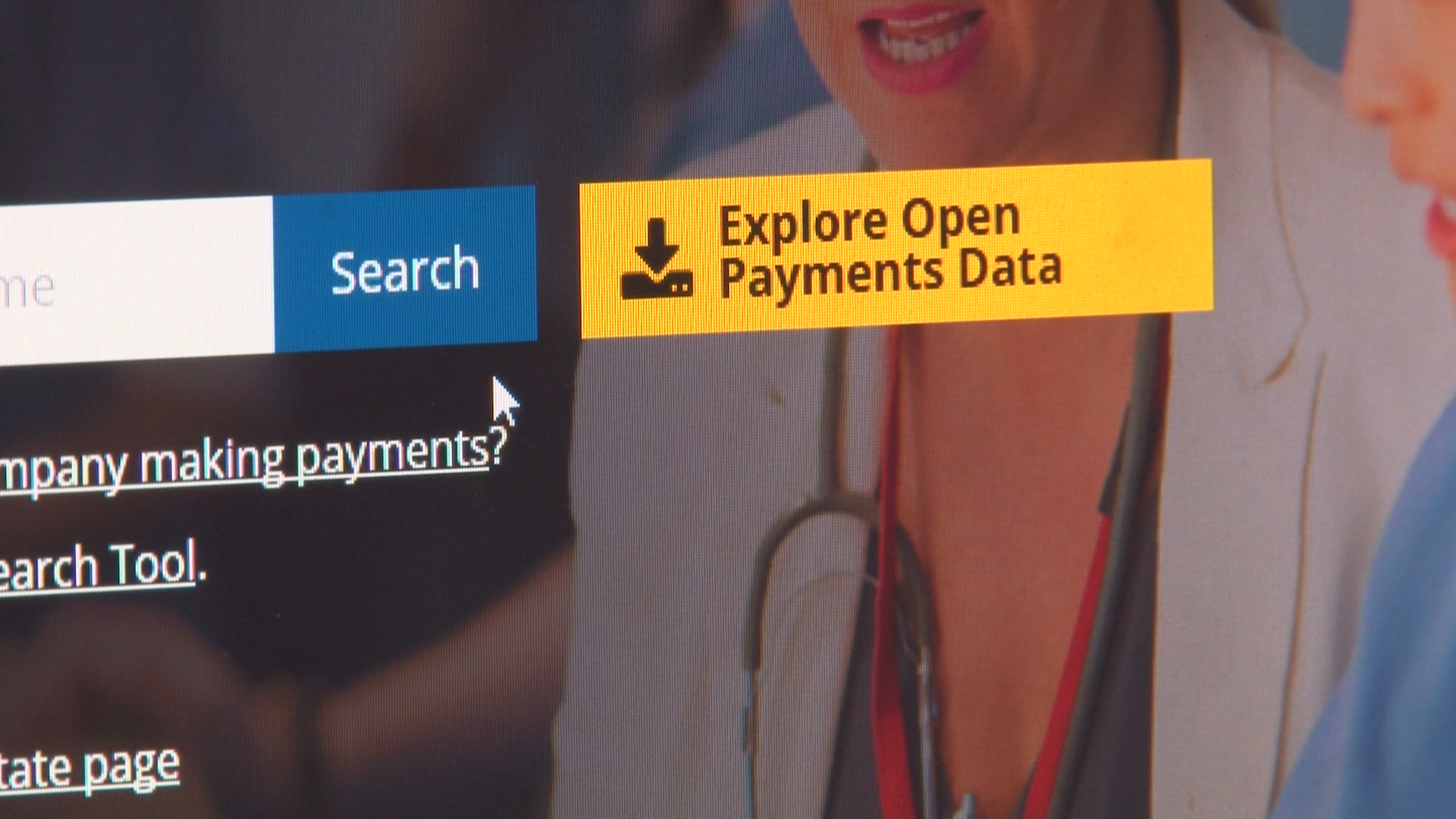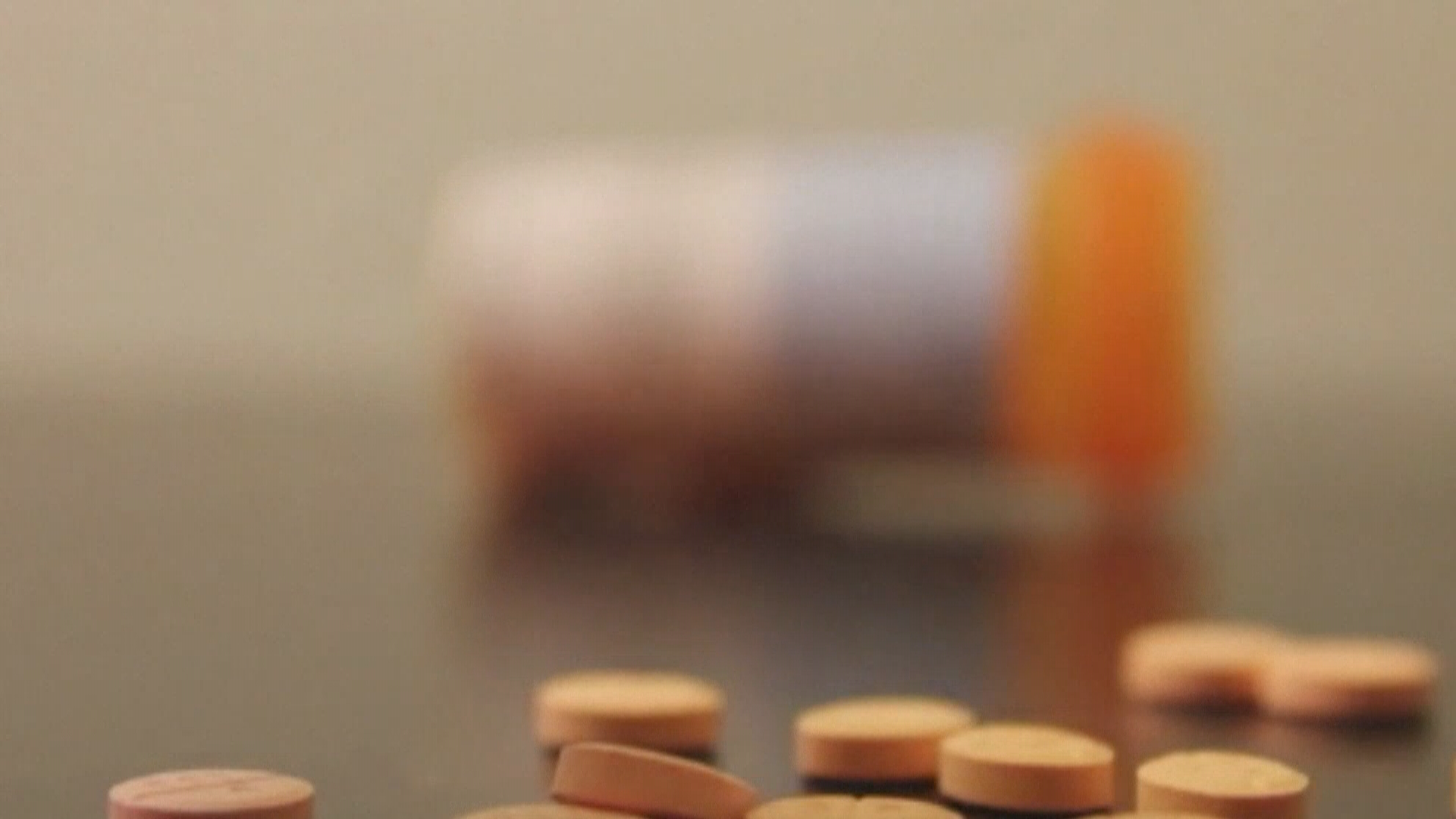President Donald Trump recently declared that the country's opioid crisis is a "national emergency."
Prescription drug abuse remains a rampant issue in Colorado, according to experts, and a new study may help explain why.
Researchers with the Boston Medical Center looked into public records that revealed how much opioid-manufacturing pharmaceutical companies spent on doctors across the country. The study says doctors in Colorado collected more payments from companies that make drugs like hydrocodone and fentanyl than doctors did in any other state.
Doctors in Colorado received $4.6 million from 2013 to 2015, according to the article published in the American Journal of Public Health. Nationally, doctors collected a total of $46 million from pharmaceutical companies during the two-year study.

The data was collected at the peak of Colorado's opioid crisis.
In 2014, 338 people died from opioid-related causes, according to the Centers for Disease Control and Prevention. It was the highest number of deaths recorded in Colorado in at least a decade.
Studies have shown doctors who receive money from pharmaceutical companies are more likely to prescribe the company's drug.
"There's obviously some potential for pharmaceutical companies to try to influence doctors and get them to prescribe their drug," says Rob Valuck, the director of Colorado's Consortium for Prescription Drug Abuse Prevention.
The consortium was created several years ago, in response to Colorado's growing prescription drug problem.
Pharmaceutical companies often work with doctors, providing everything from meals to educational opportunities with the ultimate goal of getting doctors to prescribe more of the drugs they sell.
Just because doctors are working with these companies doesn't necessarily mean they're writing more opioid prescriptions, Valuck says.

However, he says the risk is real. Government websites like: https://openpaymentsdata.cms.gov/ offer public information on how much drug manufacturing companies paid to doctors. If your doctor received $40 from a pharmaceutical company to attend a lunch and a seminar, Valuck says it shouldn't raise a red flag. However, if your doctor has received more than $100,000, he says it's worth asking about his/her involvement with the company.
"Ask the doctor, what do you do with that drug company and why do you get that money from them?" Valuck recommends.
Doctors in Colorado aren't writing as many prescriptions now compared to several years ago, he said. However, the number of people abusing prescription opioids in our state is still very high.
Dr. Chris Hoyte is a toxicologist with University of Colorado Hospital in Aurora. He says doctors often have to make quick decisions on whether to prescribe a patient opioids.
"We need to be careful about who we're prescribing prescription opioids to," he says, "you're thinking of all the different factors like, is this potentially someone who will abuse?"
Dr. Hoyte has chosen not to work with pharmaceutical companies but says many credible doctors do.
"I have my own practice frankly and I feel I can do the research on my own," Dr. Hoyte explains, "but there's a lot of doctors out there that are doing a lot of good work even though they're working with pharmaceutical companies."
Experts recommend these tips for patients:
-ask your doctor if there's an alternative to the opioid he/she wants to prescribe
-store opioids safely and not in your medicine cabinet
-dispose of opioids properly
State officials believe those measures are slowly but surely driving down opioid abuse rates.


